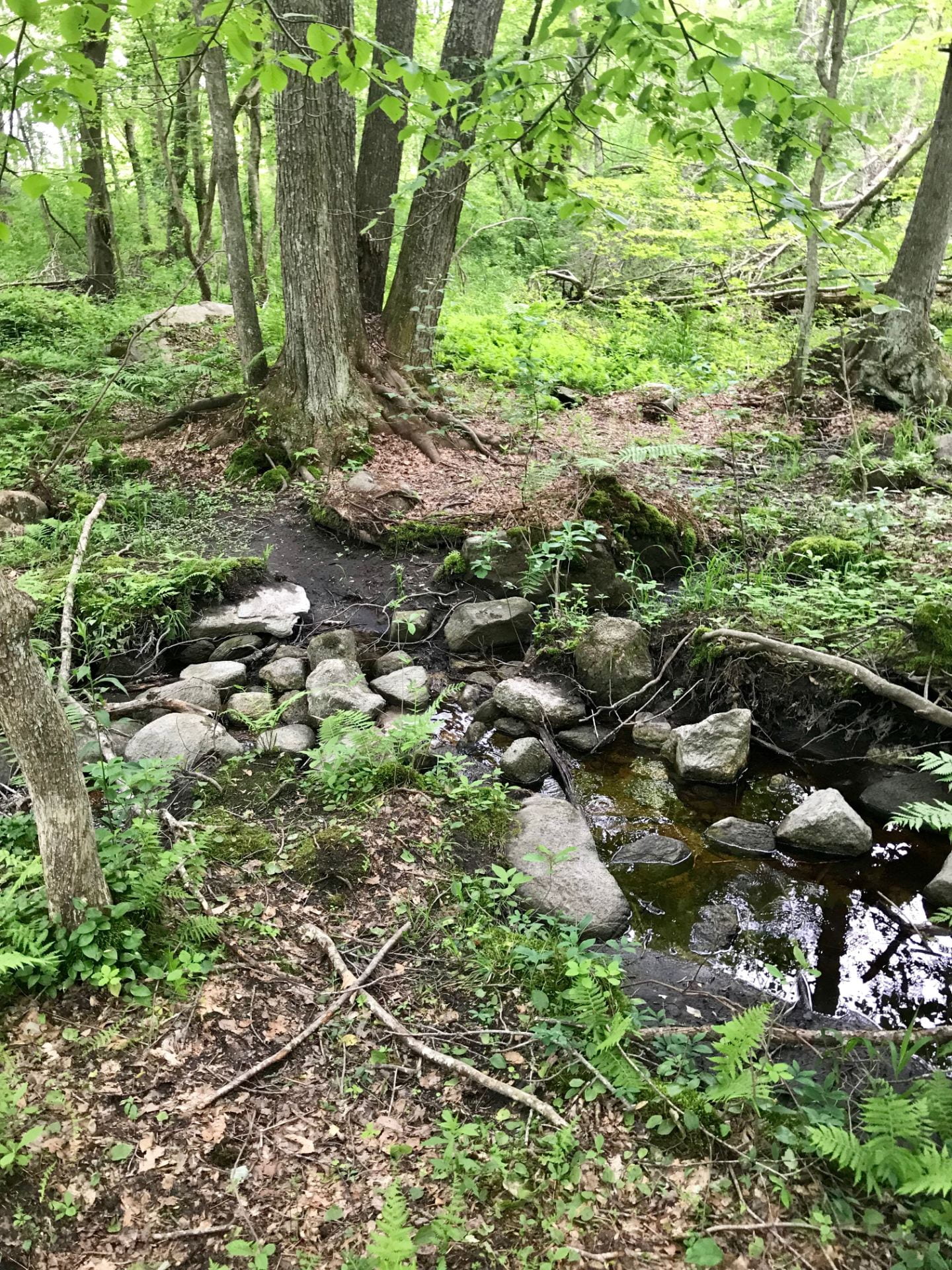“Environmental justice is the fair treatment and meaningful involvement of all people regardless of race, color, national origin, or income, with respect to the development, implementation, and enforcement of environmental laws, regulations, and policies” (https://www.epa.gov/environmentaljustice).
Environmental Justice is a topic that can be looked at through an eco feminist perspective. According to Rosemary Ranford Reuther the environment is a feminist issue. Because patriarchal structures oppress both women and nature, “women must see that there can be no liberation for them and no solution to the ecological crisis within a society whose fundamental model of relationship continues to be one of domination” (Hobgood-Oster 1). Ecofeminism actually challenges structures (political, economical, social, etc.) to oppose the systems of patriarchy that oppress women and the environment. Because of the different cultural and historical settings, ecofeminism strives to challenge the patriarchal power structures that are created by social constructs. Karen Warren, an eco feminist scholar discusses eight women-nature connections that ecofeminism identifies.
- Historical, Typical Casual Connections
- Conceptual Connections
- Empirical and Experiential Connections
- Symbolic Connections
- Epistemological Connections
- Political (Praxis) Connections
- Ethical Connections
- Theoretical Connections
These connections are links to the different types of ecofeminist theories as there is no one single theory of ecofeminism that exists. Laura Hobgood –Oster explains this phenomenon saying, “Ecofeminist trajectories are varied; there is no one accepted or orthodox “ecofeminism” (Hobgood-Oster 1). Depending on how you see feminism (meaning liberal, Marxist, radical etc.) will determine how you see genuine ecofeminism. There is not just one version of feminism so there is not one version of ecofeminism. Thus the eight women-nature connections listed above. Within these women-nature connections there are several that can apply to environmental justice. Environmental injustice occurs in practice and policy within a racialized context and criticizes inequalities of race, gender and class. Therefore environmental justice can be viewed as an eco feminist issue because of it’s women-nature connection Warren and Hobgood-Oster discuss.
Warren points out that Empirical and Experiential Connections focus on finding empirical evidence connecting women (as well as children, lower class, and minorities) with environmental destruction. “Some point to various health and risk factors borne disproportionately by women children, racial minorities and the poor caused by the presence of low-level radiation, pesticides, toxics, and other pollutants” (Warren). This is interesting because it makes a clear connection to feminist and ecological issues. Environmental concerns and the patriarchal oppression of women/ nature are further explored in the seventh connection Warren discusses, Ethical Connections. It is here that environmental ethics are referred to as being inadequate and “hopelessly androcentric” (Warren) connecting patriarchy to the environment.
Even more interesting is the question of learning if environmental ethics can be looked at outside the male-biased. If environmental ethics are as Warren says, “hopelessly androcentric” how can eco feminist apply the knowledge they have to change power structures and ways of thinking to counteract patriarchal thinking from and eco feminist perspective? Understanding more of women and their connection to the environment will give insight to eco feminist in order to raise conscience, analyze, to have a vision, and develop strategies to change the reality of not only environmental justice but also environmentalism as a whole.


Greetings Holly.
Understanding more of women’s connection to the environment, who should? as Reuther states, because of patriarchal oppression women must see there is no liberation for them and no solution to the ecological crisis where the relationships model is one of domination. If so, how effective if any, would ecofeminists be? Warren’s Empirical and Experiential connection focuses on health risk borne disproportionately by women, children and and those poor and racial minorities; but environmental ethics are “hopelessly androcentric.” Do you see hope here? Even if one understood women’s connection to the environment which resulted in ecofeminist analysis of and vision for some of the problems, how to implement this vision, based on Reuther’s observation?
Bridget.